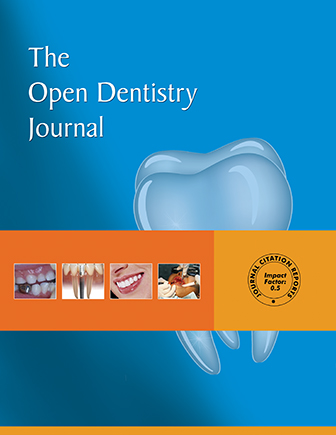Influence of an Intervention to Prevent Early Childhood Caries Initiated before Birth on Children’s Use of Dental Services up to 7 Years of Age
Abstract
Background :
In a previously reported randomised controlled trial, advising first time mothers on the prevention of early childhood caries from before their child was born, decreased the prevalence of early childhood caries at 20 months of age 5-fold.
Objective:
We examined the effect of the intervention on the frequency and nature of dental visits up to 7 years of age.
Methods:
Of 649 expectant mothers who participated in the trial, 277 completed a “Child Oral Health Survey” 7 years later. Their answers were compared with those of a comparison group of 277 mothers selected at random among those living in the same area with a first child born in the same year enrolled with the South Australian School Dental Services (SA SDS).
Results:
Only 1.5% of children had a dental visit before 12 months of age and only 4% before 2 years of age unless a dental problem had arisen. The age at the first visit did not differ among groups, but the reasons for the visit did as did the number of visits and the need for treatment under sedation or anaesthesia. In the trial group, 34% of first visits were for pain, 29% for injury, and 29% for concern with appearance. In the comparison group, pain was the main concern in 49%, injury in 9.5%, and appearance in 25% (p=0.019). Over time, children in the trial had an average of 2.2 visits compared with 3.1 in the comparison group. In the intervention group of the trial, no child had required treatment under sedation or general anaesthesia compared with 2.9% in the control group, and 6.5% in the comparison group. Only 15% of mothers reported that they had received any information on caries prevention from health care professionals other than dental care practitioners.
Conclusion:
Providing first-time mothers with guidance on the prevention of childhood caries decreased the use of dental services to deal with problems in preschool children.


